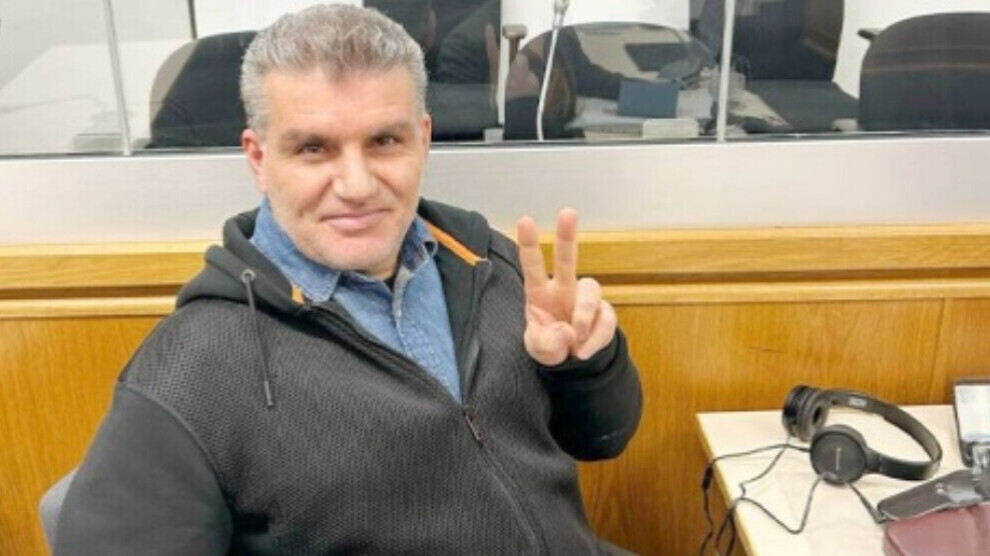Verdict in trial of Kurdish activist Çakas expected on Wednesday
In the trial against Kurdish activist Mehmet Çakas in Celle, the defense pleaded for acquittal. The verdict is expected on Wednesday.
In the trial against Kurdish activist Mehmet Çakas in Celle, the defense pleaded for acquittal. The verdict is expected on Wednesday.

In the trial against Mehmet Çakas at the Celle Higher Regional Court, the defense pleaded for acquittal. The Kurdish activist is charged under Section 129b of the Criminal Code with membership of a foreign terrorist organization, meaning the Kurdistan Workers' Party (PKK). In its plea last week, the public prosecutor's office demanded a three-year and eight-month prison sentence.
Rally against criminalization before the verdict
The verdict is expected on Wednesday, 10 April. A rally called “Freedom for Mehmet Çakas – Against the criminalization of the pursuit of freedom” has been organized from 9.30 am.
The hearing on 3 April lasted over ten hours and was attended by people showing solidarity with the Kurdish activist. At the beginning, the defense lawyers held Dr. Björn Elberling and Ulrich von Klinggräff made their plea and demanded to acquit his client.
The lawyers justified their application by saying that the public prosecutor's office's assessment of the alleged evidence of the crime was "not only superficial, but simply wrong. It is absurd to punish someone for complete legal actions on the grounds that they exercised their fundamental rights as part of a terrorist organization."
Mehmet Çakas: The Kurdish movement is accused
In a subsequent detailed statement, Mehmet Çakas explained his own life in the context of the political situation of all Kurds and explained: “The indictment focuses on the Kurdish movement and not on whether I acted illegally in Germany or not […]. The indictment itself shows that I am not personally accused. The Kurdish movement is accused."
The defendant expressed his surprise at the similarity of the accusations made by Turkey and EU countries: "For as long as I can remember, I have been subjected to repression and violence by the Turkish state. Because I resisted these brutal conditions, I, like everyone else, was called a terrorist. Since speaking Kurdish and even using the colors yellow, red and green were forbidden in Turkey back then (and still today), I, like all Kurds, may have sometimes violated Turkish laws. But in Germany, where I lived for six years, I didn't disturb the social order, didn't break any laws, and didn't even throw rubbish on the ground. The accusation of being a terrorist here in Germany made me think all the more."
The now 44-year-old was born in the Kurdish province of Bingöl (Çewlîg) and experienced the repression of the Turkish state at an early age. The Kurdish language was banned, villages were burned down by the Turkish military and many people were driven from their homes. Mehmet Çakas saw his father murdered. He himself was almost killed.